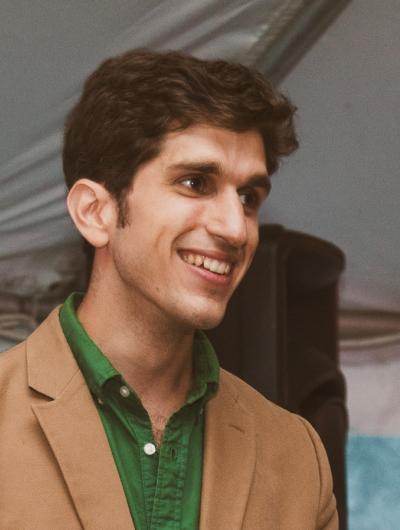Julian Macrone

The Public Realm and Public Reason: Environmental Justice and Its Public Grounds
This paper develops a novel interpretation of how John Rawls’s theory of justice can be applied to our consideration
of environmental justice struggles, and grounds that interpretation in an assessment of current public space conflicts in
New York City. I explore the possibility that Rawls’s idea of public reason can help explain and support the work of
social movements for environmental justice. Few accounts have advanced a specifically Rawlsian account of
environmental justice, based either on the ideas in A Theory of Justice or his later work in Political Liberalism. Generally
speaking, social movements and the theorists who study them tend not to engage with mainstream liberal theories like
Rawls’s—almost as often, Rawls and liberalism are seen as indifferent or even obstacles to the goals of movements for
racial and environmental justice. I argue here that social movements for environmental justice are better served by
Rawls’s theoretical apparatus than is typically granted. However, I also aim to show how Rawls’s lack of an actionable
idea of public reason leads at least in part to this confusion. By applying Rawls’s work on public reason—together with
recent work on law and social movements—to urban environmental justice conflicts, I show how a framework that
better articulates the functions of public reason and the kinds of claims that arise from it can help explain how
communities build political power through conflicts over public space.
